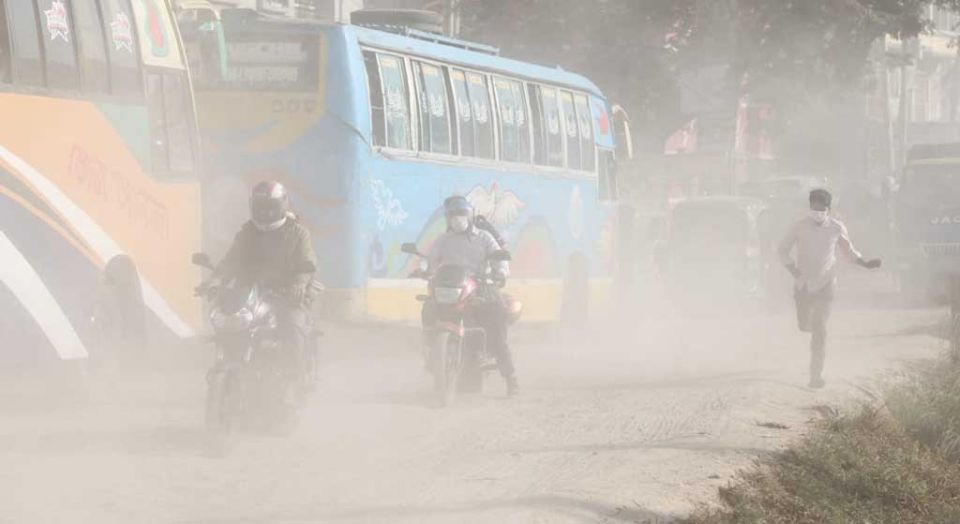
After May Day holiday on Monday, Dhaka's air quality index (AQI) was recorded at 175 at 9:20am on Tuesday, making it the most polluted in the world on the list.
Indonesia's Jakarta and Myanmar's Yangon occupied the second and third spots on the list, with AQI scores of 173 and 140, respectively.
An AQI between 101 and 150 is considered “unhealthy”, particularly for sensitive groups.
Similarly, an AQI between 201 and 300 is said to be “poor”, while a reading of 301+ is considered “hazardous”, posing serious health risks to residents.
In Bangladesh, the AQI is based on five criteria pollutants — Particulate Matter (PM10 and PM2.5), NO2, CO, SO2 and Ozone.
Dhaka has long been grappling with air pollution issues. Its air quality usually turns unhealthy in winter and improves during the monsoon.
Air pollution consistently ranks among the top risk factors for death and disability worldwide.
Breathing polluted air has long been recognized as increasing a person's chances of developing a heart disease, chronic respiratory diseases, lung infections and cancer, according to several studies.












